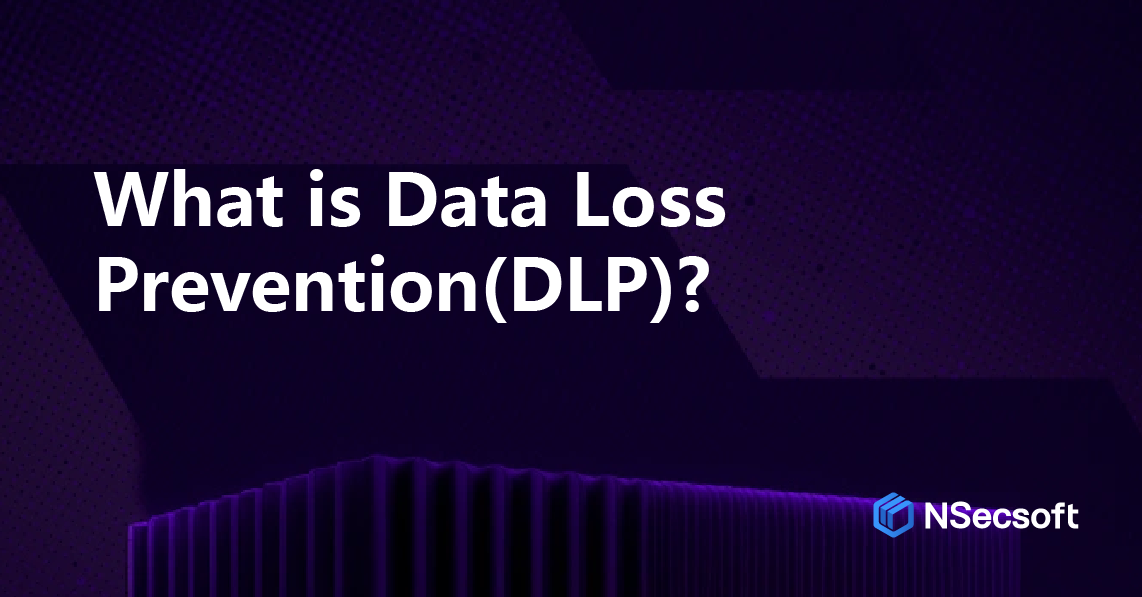In today’s digital age, the financial industry faces an increasingly complex landscape when it comes to data security. Financial institutions handle vast amounts of sensitive information, ranging from personal customer details to proprietary financial data. The protection of this data is not only critical for maintaining customer trust but is also a legal and regulatory requirement. As cyber threats become more sophisticated and data breaches more common, it is crucial for financial organizations to implement robust security measures, enforce data leakage prevention (DLP) strategies, and ensure continuous software compliance.
The Importance of Data Security in the Financial Industry
Data security is at the heart of any financial organization. With the increasing reliance on digital platforms for banking, trading, and investment management, sensitive information such as account numbers, credit card details, and transaction records are often stored and processed electronically. Any breach of this data can lead to severe financial losses, legal ramifications, and damage to the institution’s reputation.
Financial organizations must adopt a multi-layered approach to data security, integrating strong encryption protocols, access control mechanisms, and continuous monitoring systems. Encryption ensures that even if unauthorized individuals access the data, they cannot read or use it. Access control mechanisms, on the other hand, help ensure that only authorized personnel can access sensitive data. Continuous monitoring, meanwhile, allows financial institutions to detect any suspicious activity and respond proactively to potential threats.

Data Leakage Prevention: A Key Focus
While robust data security protocols are crucial, they are only part of the solution. Data leakage, where sensitive information is accidentally or maliciously exposed to unauthorized parties, remains a significant risk for financial institutions. Employees may inadvertently share confidential information via email or cloud platforms, or cybercriminals may exploit vulnerabilities to exfiltrate data.
Implementing a strong Data Leakage Prevention (DLP) strategy is essential for reducing this risk. DLP systems are designed to monitor, detect, and block the unauthorized transfer of sensitive information outside the organization’s secure network. These systems can flag suspicious behaviors such as attempts to send sensitive files through unsecured channels, ensuring that data is only shared in compliance with internal policies and regulatory standards.
Financial institutions should also provide regular training for employees to raise awareness about data security best practices. Employees should be educated on the risks associated with data leakage, how to recognize phishing attempts, and the proper handling of sensitive information. By fostering a culture of security awareness, organizations can significantly reduce the likelihood of accidental data breaches.
Software Compliance Auditing: A Regulatory Imperative
Financial institutions operate in one of the most heavily regulated sectors globally. Compliance with laws such as the General Data Protection Regulation (GDPR) in Europe, the Financial Services Modernization Act (Gramm-Leach-Bliley Act) in the U.S., and other region-specific data protection regulations is mandatory. Non-compliance can lead to heavy fines, reputational damage, and even the suspension of business operations.
One of the most critical components of ensuring compliance is software compliance auditing. Financial institutions must regularly audit the software used within their organizations to ensure that it meets all regulatory and security requirements. This includes checking that software is up to date with the latest security patches and is free from vulnerabilities that could be exploited by cybercriminals. Moreover, financial institutions must ensure that all software applications, whether developed in-house or third-party, comply with privacy regulations and protect customer data.
In addition to auditing software for compliance, institutions must also implement controls to ensure that sensitive data is handled properly. This includes implementing mechanisms such as User Behavior Analytics (UBA) to analyze the risk level of user behavior in real time and promptly block suspicious actions targeting sensitive information. Regular audits help identify any gaps in compliance and ensure that corrective actions are taken before vulnerabilities can be exploited.
The Role of Automation in Compliance and Security
To manage the complexity of maintaining data security, DLP, and software compliance, many financial institutions are turning to automation. Automated tools like Ping32 can streamline the monitoring of data access and usage, enabling institutions to detect threats faster and with more precision. Automated compliance tools can also perform regular audits and provide real-time reports on the status of software compliance, reducing the burden on IT teams and ensuring that regulatory requirements are always met.
Automation also plays a crucial role in patch management. By using automated patching systems, financial organizations can ensure that their software is always up to date, minimizing the window of vulnerability that cybercriminals can exploit.
Conclusion
In the financial industry, safeguarding data, preventing leakage, and ensuring software compliance are not optional—they are fundamental to the trust and operational integrity of any institution. By implementing a comprehensive data security strategy that includes encryption, access control, data leakage prevention, and regular software compliance audits, financial organizations can protect their sensitive information, comply with regulatory requirements, and mitigate the risks associated with cyber threats. With the right combination of technology, processes, and employee education, financial institutions can maintain the highest standards of security and compliance, safeguarding both their customers and their business operations.






 Contact
Contact





































 6 min
6 min 





